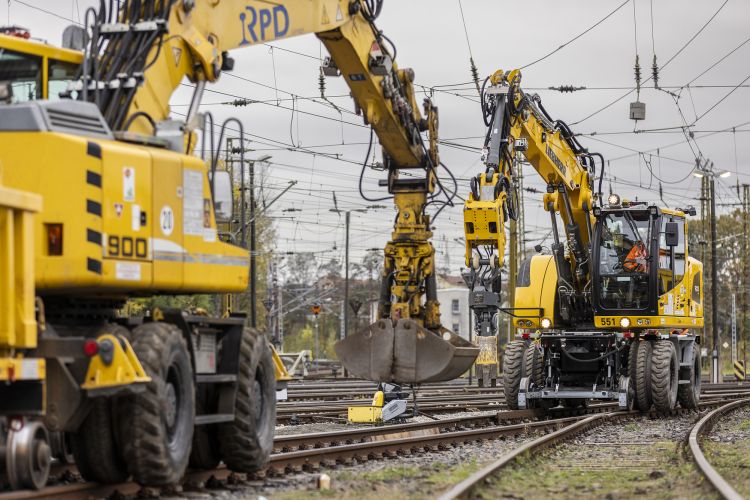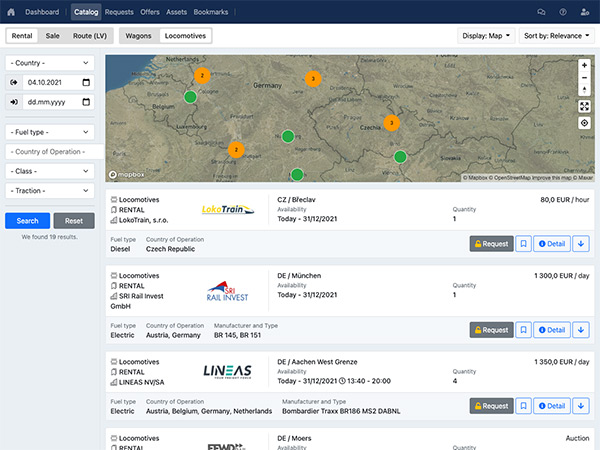In the upcoming years, a significant portion of Bavaria's railway infrastructure will undergo a comprehensive modernization effort, as announced by German railway infrastructure company, DB InfraGO. Starting in 2026, this initiative will span several key railway corridors, aiming to update and repair approximately 700 kilometers of track, along with associated infrastructure such as overhead lines, signaling systems, and stations, as Sueddeutsche Zeitung points out. This extensive project is expected to disrupt both passenger and freight services, necessitating long detours that could potentially push freight transportation onto roads, a shift some fear may become permanent.
Concerns have been voiced by the freight rail sector, emphasizing the need for minimally disruptive project planning. Suggestions include developing well-prepared alternative routes, financial compensation for longer detours, and ensuring timely communication between infrastructure management and rail companies. The hope is that these measures will mitigate the impact on rail freight companies, which are critical for transporting goods across the region and beyond.
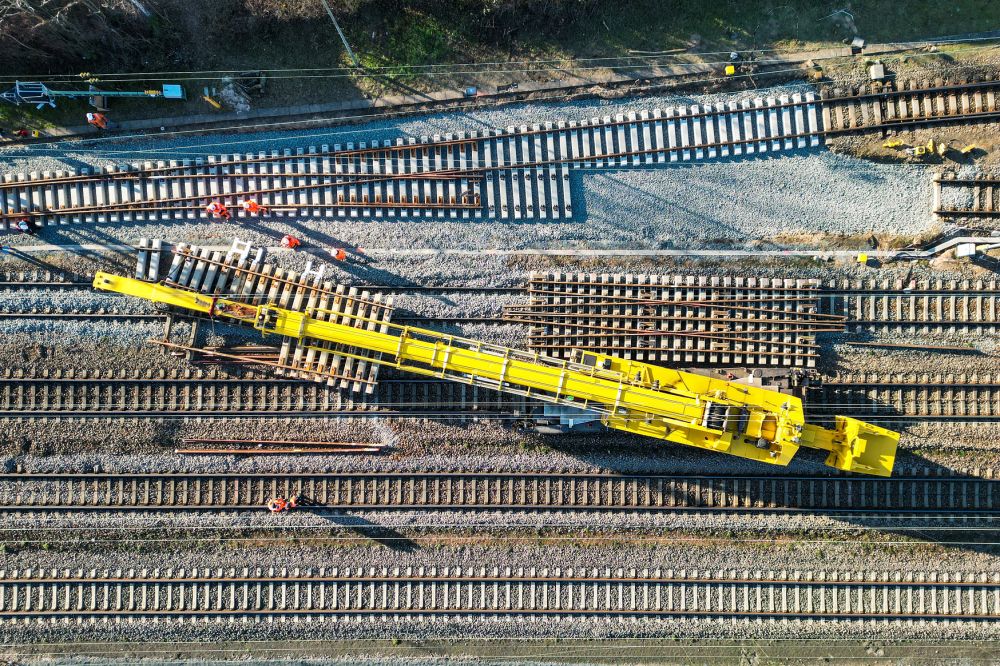
Particularly contentious is the planned closure and upgrade of the railway section between Obertraubling and Passau. This corridor plays a crucial role in connecting the North Sea ports with southern and eastern Europe, making it a vital link for both freight and international passenger trains. However, the existing infrastructure's limitations in speed and capacity have prompted calls for its enhancement to meet future demands.
While the necessity of these renovations is acknowledged, there's a debate over the approach, especially the potential for extensive closures. Alternative routes through neighboring countries are being considered, but these are not without challenges, including longer distances and possible congestion on alternate tracks.
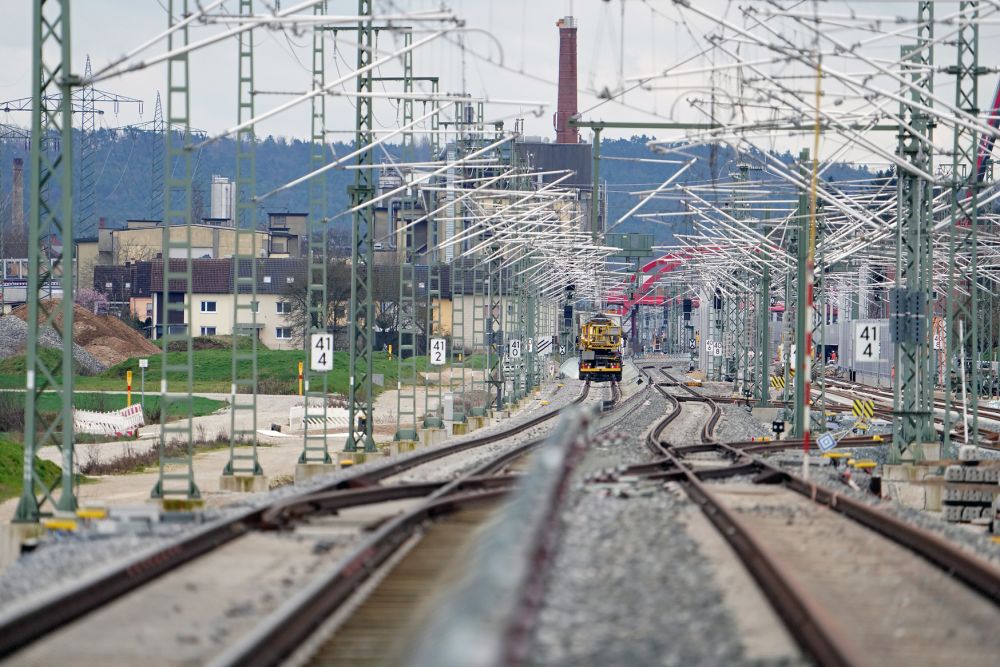
DB InfraGO suggest 200 diversions via Gműnd, Pilsen and Cheb in Czechia and the non-electrified connection to Nurnberg. Another diversion is 320 km via Vienna and Bratislava, Czech Brno and Lichkov to Polish Wroclaw and Horka to Germany.
Die Güterbahnen freight rail association proposed two different alternatives. One diverts in Austrian Wels through Salzburg, Munich to Nurnberg (165 km) and the other one uses Czech corridor from Czech Brno to Bad Schandau back into Germany via Dresden.
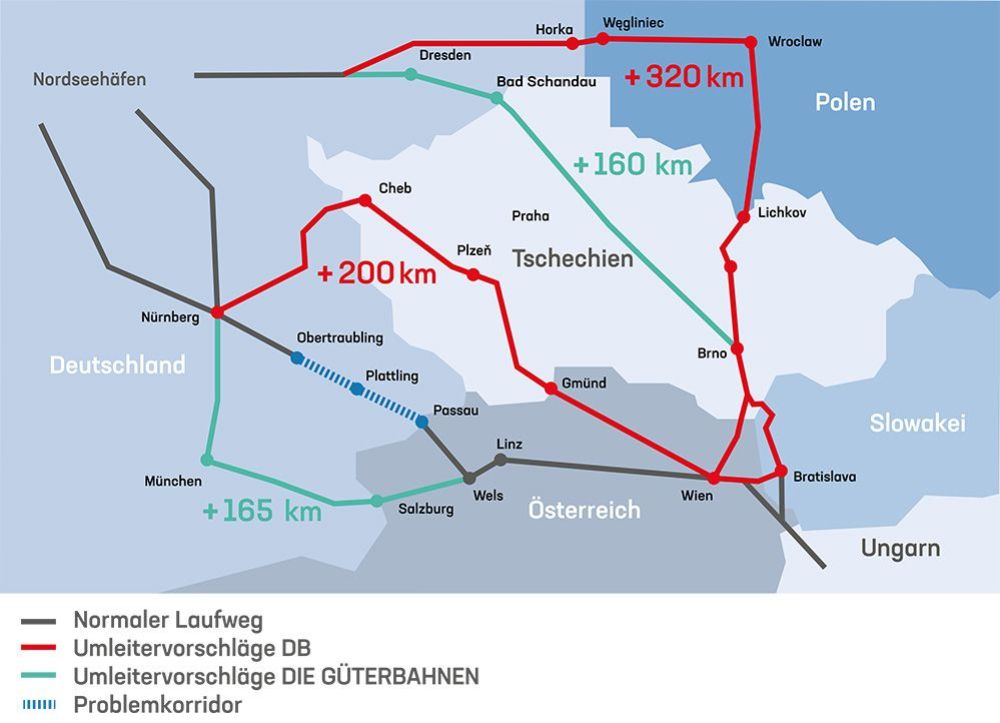
This modernization push comes against a backdrop of declining punctuality in Bavaria's rail services, attributed in part to the aging railway infrastructure. By undertaking these renovations, DB aims to address both the immediate need for infrastructure improvements and the long-term sustainability of rail transport in the region. However, the balancing act between maintaining service during upgrades and the logistical challenges posed by the work ahead remains a complex challenge for all involved stakeholders.
